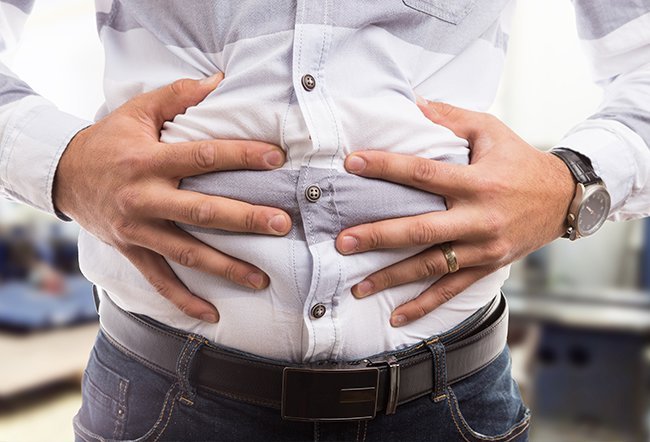
If you have frequent and painful gas, it could be a sign of a digestive problem
Gas is a normal part of digestion, but when is it a cause for concern? If you are really gassy and it causes bloating and cramping, it could be a sign of poor dietary habits, digestive issues, or food intolerances.
Feeling gassy every once in a while is usually not something to worry about. However, if you notice that you are passing gas more often than normal, you may want to consult a doctor about whether or not you have an underlying gastrointestinal condition that requires treatment.
What causes excessive gas, and how can you avoid them?
Swallowing air
Most people swallow some air when they are eating or drinking. When that air collects in your stomach, it can make you feel gassy. You may swallow more air when you eat or drink too fast, chew gum, suck on candy, drink carbonated beverages, or have ill-fitting dentures. In order to avoid gas buildup, chew your food thoroughly before eating, avoid fizzy drinks, and make sure your dental devices fit correctly.
Certain foods
Eating certain foods can make you more prone to getting excessive gas:
- Dairy (milk, cheese, and yogurt)
- Legumes (peas, beans, chickpeas, soybeans, and nuts)
- Vegetables (eggplant, onion, Brussel sprouts and cabbage)
- Fruits (apples, apricots, peaches, pears, and figs)
- Foods high in insoluble fiber, namely seeds and husks
However, since most of these foods are also rich in nutrients, it is best to eat them in moderation instead of cutting them from your diet completely.
High-fiber diet
Because the small intestine cannot break down fiber compounds, this puts extra work on gas-producing intestinal bacteria, which creates more gas. So while eating fiber is good for your overall health, eating too much fiber too quickly could be causing excessive gas since your body has not had time to adjust. Introduce fiber-rich foods slowly into your diet and avoid overdoing it.
Gastrointestinal issues
Gas can also be a sign of certain health conditions:
- Irritable bowel syndrome: Irritable bowel syndrome: can also make you prone to symptoms such as frequent cramps, nausea, constipation, and gas.
- Bacterial overgrowth: A host of bacteria in your gut helps the digestion process by fermenting some of the food components. The process of fermentation produces gas as a by-product. If the balance of gut bacteria is disturbed due to stress, overuse of antibiotics, or poor eating habits, it can cause bloating and excessive gas.
- Food intolerance: If you have a food allergy or intolerance, it can cause frequent bloating and gas because your body is unable to digest those foods properly. Common food intolerances include:
If you have excessive gas that is causing you significant discomfort, talk to your doctor about your symptoms.
Medically Reviewed on 5/11/2022
References
Cormier RE. Abdominal Gas. In: Walker HK, Hall WD, Hurst JW, editors. Clinical Methods: The History, Physical, and Laboratory Examinations. 3rd edition. Boston: Butterworths; 1990. Chapter 90. Available from: https://www.ncbi.nlm.nih.gov/books/NBK417/
National Institutes of Health. Symptoms & Causes of Gas in the Digestive Tract. https://www.niddk.nih.gov/health-information/digestive-diseases/gas-digestive-tract/symptoms-causes